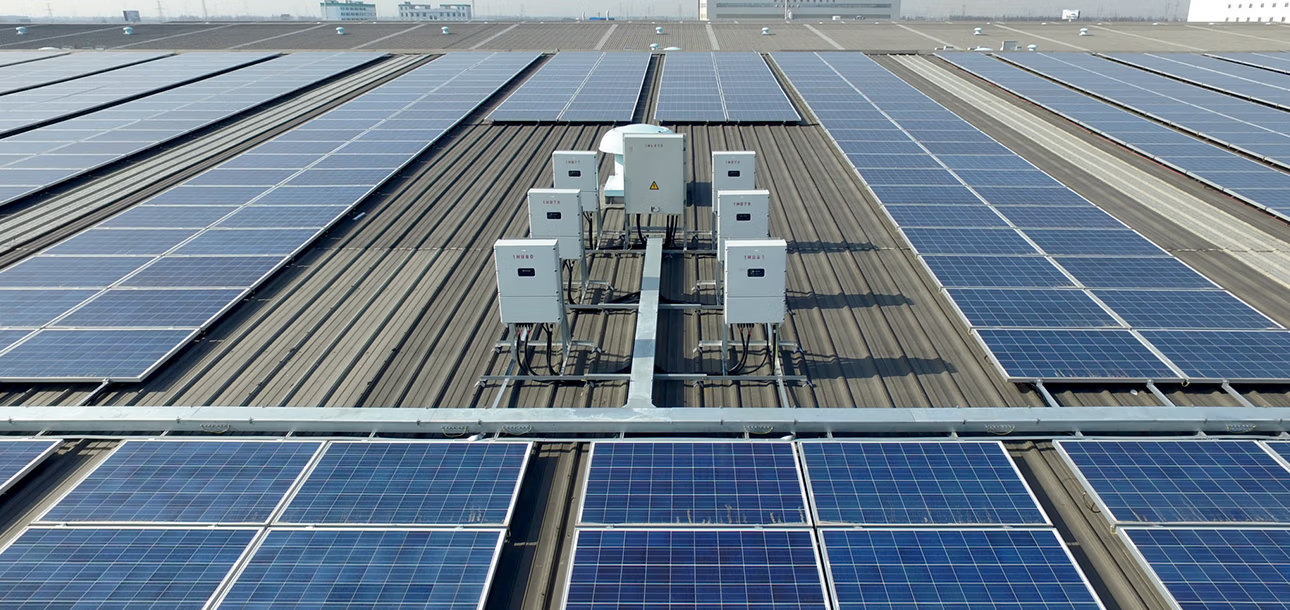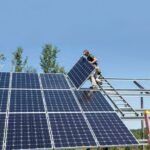The global demand for clean energy has positioned solar construction as one of the most dynamic investment opportunities of the decade. With governments pushing decarbonization and corporations adopting renewable energy targets, utility-scale solar projects are expanding rapidly. However, the scale of investment required often exceeds traditional financing methods.
The Rising Importance of Private Equity in Solar Construction
This is where private equity (PE) firms step in. By providing large pools of flexible capital, private equity plays a vital role in accelerating utility-scale solar construction, bridging the financing gap, and ensuring long-term project sustainability.
Why Private Equity is Investing in Solar Construction
Private equity firms are increasingly drawn to solar construction for three key reasons:
Stable Cash Flows – Long-term power purchase agreements (PPAs) guarantee revenue.
High Growth Potential – The International Energy Agency forecasts massive solar expansion by 2030.
ESG Alignment – Investors demand portfolios that meet environmental, social, and governance (ESG) criteria.
By supporting utility-scale solar projects, private equity not only secures returns but also strengthens its green investment profile.
 Financing Models in Utility-Scale Solar Construction
Financing Models in Utility-Scale Solar Construction
Private equity typically enters solar construction through structured financing models that balance risk and reward:
Equity Financing – Direct ownership stakes in solar projects, offering long-term returns.
Debt Financing – Providing loans for solar construction, secured by future energy revenues.
Hybrid Models – Combining equity and debt to diversify risk exposure.
Yieldcos – Publicly traded entities that hold solar assets and distribute cash flows to investors.
These models provide flexibility for both developers and investors, making solar construction more attractive and bankable.
Related: Green Investment Metrics Every Investor Should Know: 2025 Guide to Off-Grid Solar
Risk Management in Private Equity Solar Investments
While private equity brings opportunities, it must carefully manage risks associated with solar construction, including:
Regulatory Shifts – Changes in tariffs, subsidies, or renewable incentives.
Construction Delays – Cost overruns or supply chain disruptions.
Technology Risk – Dependence on panel efficiency, battery storage, and grid integration.
Market Demand – Shifting electricity pricing in liberalized markets.
Sophisticated PE firms mitigate these risks by partnering with experienced solar EPC (Engineering, Procurement, and Construction) companies and using advanced risk-hedging strategies.
The Role of Private Equity in Accelerating Energy Transition
Private equity’s involvement in solar construction goes beyond financial support. These firms are shaping the renewable energy landscape by:
Driving innovation in financing structures.
Supporting scalable solar infrastructure in emerging markets.
Enabling rapid deployment of utility-scale solar farms.
Contributing to the global energy transition and net-zero goals.
The partnership between PE and solar developers ensures faster deployment of clean energy assets while securing strong returns for investors.
 Future Outlook: Private Equity and the Solar Construction Boom
Future Outlook: Private Equity and the Solar Construction Boom
As solar construction costs continue to fall and demand for clean energy rises, private equity will remain central to financing the next wave of utility-scale projects. Emerging markets, in particular, will see a surge in PE-backed projects, where access to capital and risk-sharing models are essential for rapid deployment.
By 2030, private equity is expected to account for a significant share of global renewable energy investment, making it a cornerstone in solar construction finance.
Ready to explore private equity opportunities in solar construction? Partner with Steelbridge Export to align your capital with profitable and sustainable energy investments.
FAQs
- 1. Why is private equity important in solar construction?
Because it provides the large-scale capital needed to fund utility-scale solar projects while ensuring profitability. - 2. What financing models do private equity firms use in solar construction?
Equity, debt, hybrid financing, and yieldcos are the most common models. - 3. What risks do PE firms face in solar construction?
Regulatory changes, construction delays, technology challenges, and electricity price fluctuations. - 4. How does private equity accelerate the energy transition?
By funding large solar projects, enabling rapid deployment, and supporting global net-zero commitments. - 5. Is solar construction a profitable investment for private equity?
Yes—utility-scale projects offer stable long-term cash flows, ESG alignment, and growth potential.








